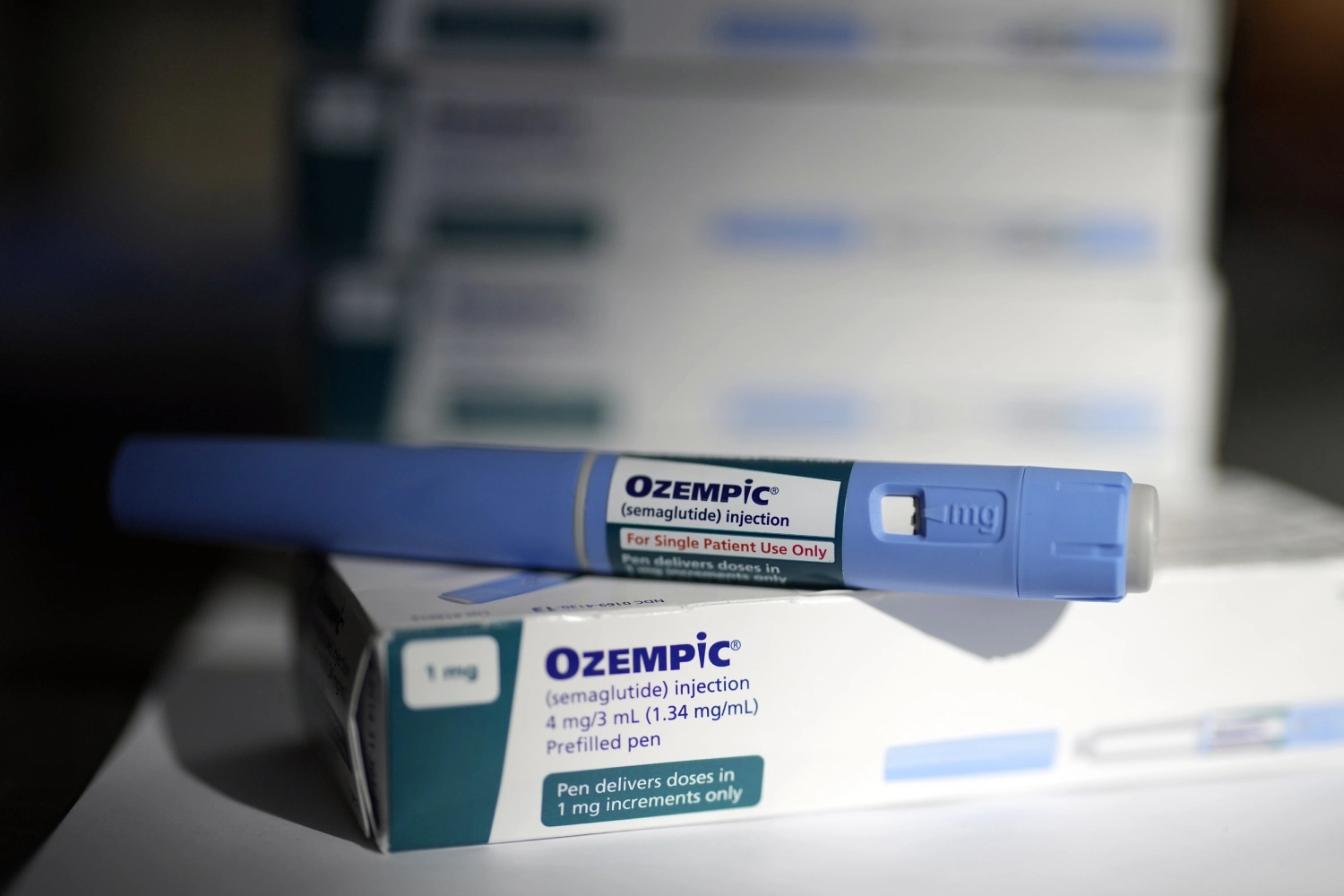Semaglutide, a medication used for treating diabetes and obesity, has gained popularity recently and may carry a lower risk of suicidal ideation compared to other treatments, according to a recent analysis.
Funded by the National Institutes of Health (NIH), the study revealed that semaglutide was linked to a 49 to 73 percent reduced risk of first-time or recurring suicidal thoughts compared to alternative medications.
Researchers examined electronic health records from the U.S., covering 240,618 patients prescribed semaglutide or other medications for obesity, and 1.5 million patients treated similarly for diabetes.
Over a six-month period, they observed a risk of 0.11 percent and 0.13 percent for first-time suicidal thoughts among obesity and diabetes patients, respectively, who had no prior history of such thoughts.
“Our findings do not indicate a higher risk of suicidal ideation with semaglutide compared to non-GLP1R agonist anti-obesity or anti-diabetes medications,” the researchers concluded, while advocating for further investigation.

Semaglutide is marketed under the brand names Ozempic, Rybelsus, and Wegovy by Novo Nordisk. Ozempic and Rybelsus are prescribed for type 2 diabetes, while Wegovy is indicated for weight loss.
Currently, the Food and Drug Administration (FDA) is investigating anecdotal reports from patients who reported depression, hair loss, and aspiration (when an object is lodged in the airway) while using GLP-1 agonists, the drug class to which semaglutide belongs.
GLP-1 agonists mimic a hormone that boosts insulin production and curbs appetite. European regulators also initiated inquiries last year into whether these drugs might heighten the risk of suicidal thoughts.
Despite known side effects such as pancreatitis, kidney issues, and low blood sugar associated with semaglutide, depression and suicidal ideation are not listed in the current medication guides for these drugs.
While suicidal thoughts are not commonly linked with other diabetes treatments, some obesity medications like Contrave and IMCIVREE do include this side effect in their indications.
